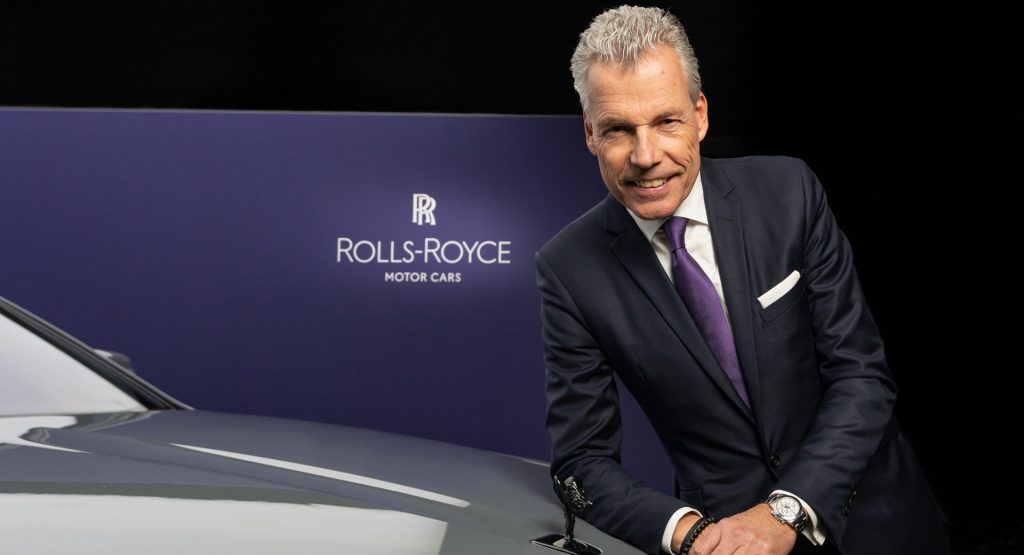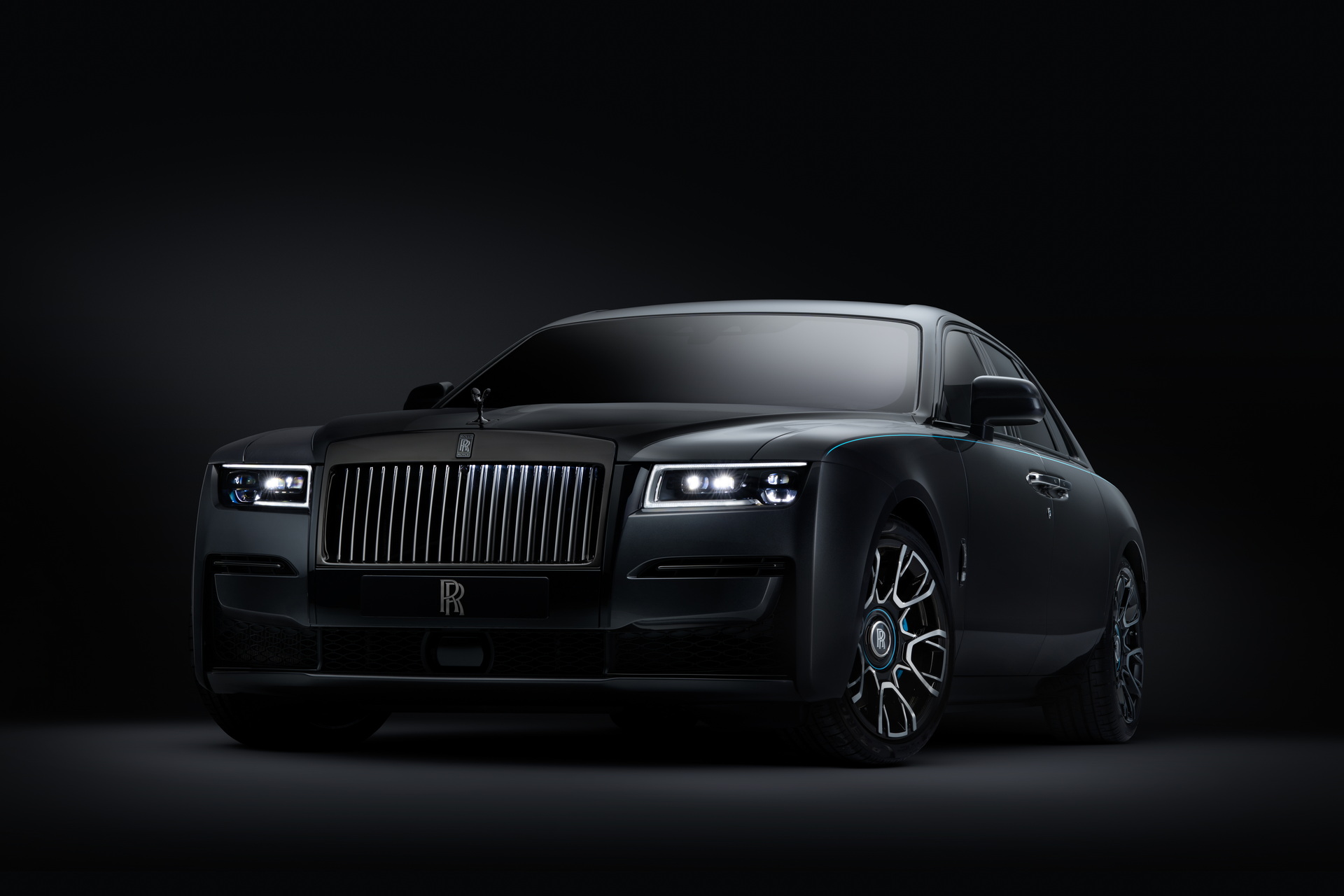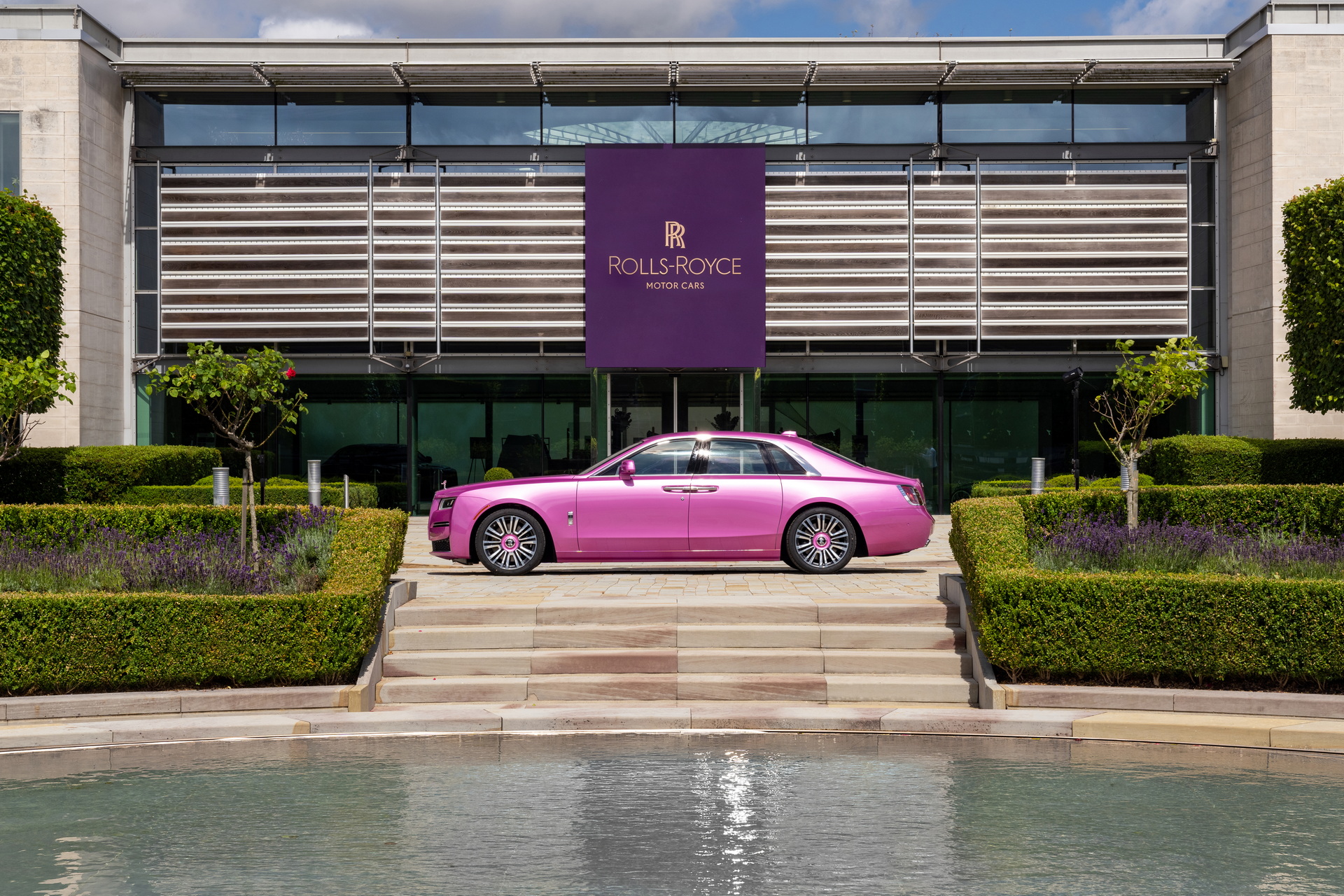Rolls-Royce’s CEO Torsten Müller-Otvös believes that the growing number of deaths that the Covid-19 pandemic has brought upon us helped people realize that “life can be short” encouraging them to splurge on nice things, resulting in record sales for luxury brands.
These include Rolls-Royce, with the BMW Group-owned automaker selling more cars in 2021 than it did during any other year in its 117 year-long history at 5,586 vehicles, a tremendous increase of 49 percent over the COVID-struck 2020. Müller-Otvös believes that the presence of death is what spurred those sales.
“Quite a lot of people witnessed people in their community dying from Covid, that makes them think life can be short, and you’d better live now than postpone it to a later date,” he told The Financial Times. “That also has helped [Rolls-Royce sales] quite massively.”
Read More: Rolls-Royce Just Recorded Its Best Sales Year In Its 117-Year Long History
To suggest that rich people have seen death in the same way as the rest of us is plainly incorrect. It should hardly come as a surprise that the rich have better access to healthcare than the poor, but even in Rolls-Royce’s native England, the death rate among those under 65 was nearly four times higher in the poorest areas than it was in the richest, according to the Health Foundation, despite its nationalized healthcare system.
In addition, it has also been widely reported that the economy grew in both 2021 and 2022 despite the pandemic and the challenges it posed on low- and middle-income people. To wit, wealth disparity is on the rise.
A good year for premium brands in general
Unsurprisingly, it wasn’t just premium automakers who benefited from the pandemic. Luxury home sales have risen, so have the sales of luxury personal goods, fine wines, and high-end furniture.
“The [covid] crisis marks a turning point for luxury as we knew it,” a report from Bain and Company and the Italian trade association, Fondazione Altagamma said, per Insider.
It should hardly come as a surprise then that the wealthy—to whom the major impact of the pandemic appears to have been to make them wealthier—are feeling a little spendy.
It may also be that Rolls-Royce and other luxury automakers who produce only a small number of vehicles every year were less impacted by a shortage of parts. It makes sense that the effect of the chip shortage was felt more acutely by, say, Toyota, which produces millions of vehicles per year, than Rolls-Royce, which produced 5,586 vehicles this year, the best in its 117-year history.
Rolls-Royce patting itself on the back for riding a wave of sales in a year that affected it and its clientele in fundamentally different ways than it affected the rest of the world is, frankly, ghoulish.






